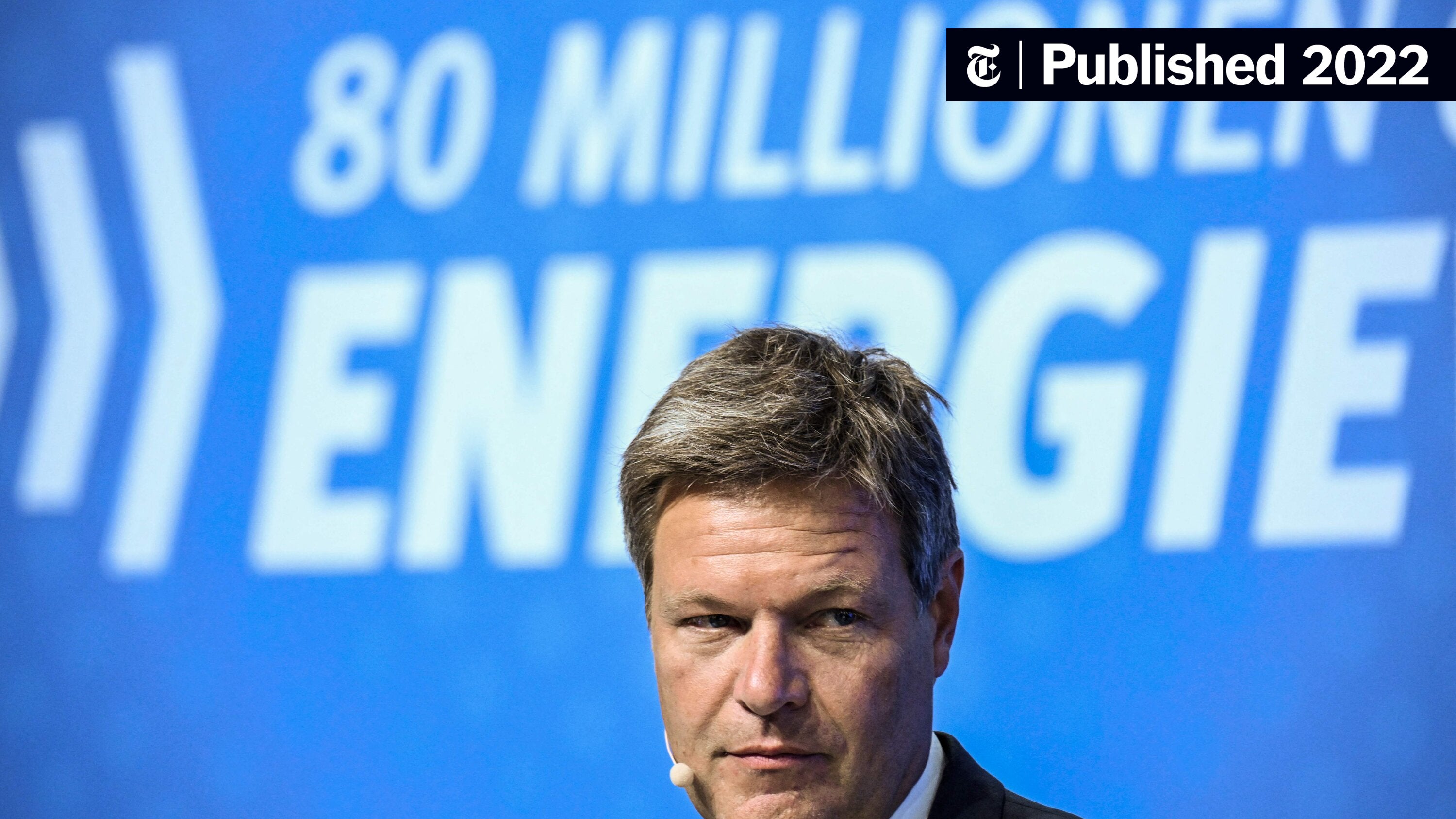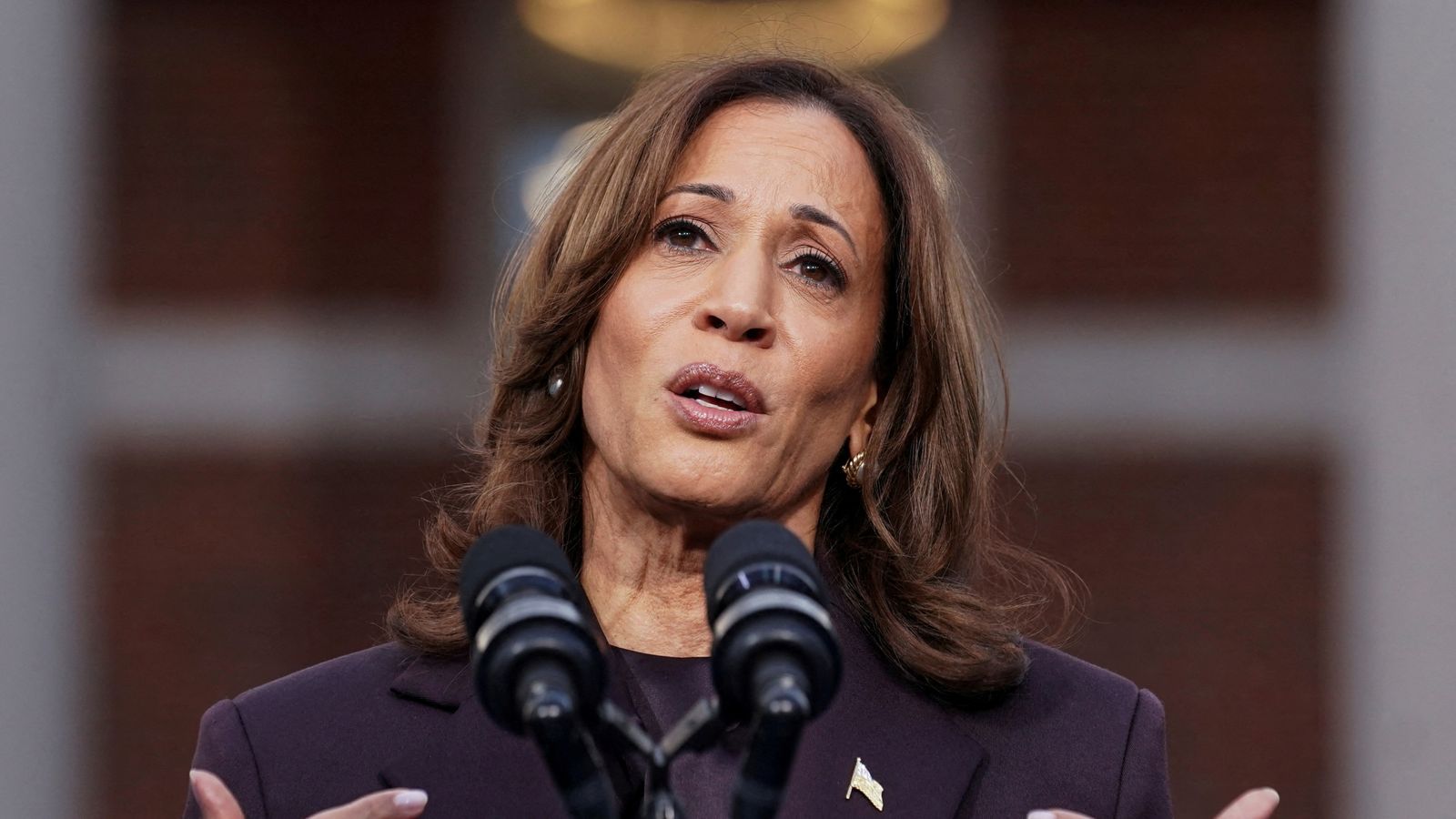Germany's Klingbeil Stands Firm Against Russian Gas Resumption

Table of Contents
Klingbeil's Arguments Against Russian Gas Resumption
Klingbeil's opposition to resuming Russian gas imports rests on several key pillars. His arguments center around the continued threat posed by Russia's actions in Ukraine and the importance of maintaining a strong, unified front against Russian aggression.
-
Continued Threat from Russia: Klingbeil consistently highlights the ongoing threat to European security posed by Russia's invasion of Ukraine. He argues that resuming gas imports would be tantamount to rewarding Russia's aggressive behavior and undermining the effectiveness of international sanctions. The Nord Stream pipeline incidents further solidified this viewpoint.
-
Sanctions Effectiveness: A key argument for maintaining the halt on Russian gas is the effectiveness of sanctions in pressuring Russia to end its war in Ukraine. Resuming gas imports, Klingbeil argues, would significantly weaken these sanctions and embolden Putin's regime. This would send a dangerous signal, not only to Russia but also to other potential aggressors.
-
Energy Independence: Klingbeil emphasizes the urgent need for Germany to achieve greater energy independence. He stresses that relying on Russian gas leaves Germany vulnerable to political manipulation and energy blackmail. Diversifying energy sources is vital for long-term energy security and national sovereignty.
-
Potential for Further Manipulation: Klingbeil has warned that resuming gas imports would risk further Russian manipulation of energy supplies as a tool of geopolitical leverage. Past behavior demonstrates Russia's willingness to weaponize energy resources, and relying on them again would only perpetuate this dangerous dynamic.
Germany's Current Energy Situation and Alternatives to Russian Gas
Germany's current energy situation is characterized by a concerted effort to diversify energy sources and reduce reliance on Russian gas. While challenges remain, significant progress has been made.
-
Gas Storage Levels: Germany has prioritized filling its gas storage facilities to ensure sufficient supply for the winter months. While levels fluctuate, significant progress has been made, mitigating the immediate risk of gas shortages.
-
LNG Imports: Germany has significantly increased its imports of Liquified Natural Gas (LNG) from alternative sources, including Qatar and the USA. New LNG terminals have been rapidly constructed to facilitate these imports.
-
Renewable Energy Investments: Germany is heavily investing in renewable energy sources, particularly wind and solar power. This long-term strategy aims to reduce dependence on fossil fuels altogether and create a sustainable energy future.
-
Energy Transition Speed: The speed and effectiveness of Germany's energy transition remain a subject of ongoing debate. While significant progress has been made, accelerating the transition remains a critical priority to achieve complete energy independence.
-
Economic Impact: The reduced reliance on Russian gas has undoubtedly had economic consequences. However, this cost is considered a necessary investment in long-term security and stability, compared to the potential geopolitical and economic risks associated with continued dependence on Russia.
Political Implications and International Response
Klingbeil's stance has significant political implications both domestically and internationally.
-
Domestic Support: While there is some internal debate, Klingbeil’s position enjoys considerable support within the SPD and across the broader German political spectrum. The majority recognize the long-term security benefits outweigh the short-term economic costs.
-
Russian Repercussions: Halting Russian gas imports has inevitably led to strained relations with Russia. However, Germany and its allies view this as a necessary price to pay to deter further aggression and uphold international norms.
-
International Community Reaction: Germany’s steadfast stance has garnered broad support from the international community, particularly within the European Union and NATO. It has reinforced the collective effort to pressure Russia and maintain unity against its actions in Ukraine.
-
Geopolitical Context: Klingbeil’s position is deeply rooted in the broader geopolitical context of Russia's actions in Ukraine. The decision transcends purely economic considerations, reflecting a commitment to upholding international law and deterring further aggression.
-
Future Negotiations: While a complete reversal of policy is unlikely, future negotiations regarding energy supplies may still be possible, though they would undoubtedly be structured to ensure Germany's energy security and prevent undue Russian influence.
Conclusion
Lars Klingbeil's steadfast refusal to resume Russian gas imports demonstrates Germany's commitment to energy security and its unwavering opposition to Russian aggression. This stance, while presenting short-term challenges, is crucial for long-term stability and strengthens Germany's international standing. The nation’s focus on energy diversification and renewable energy sources represents not merely a reaction to the current crisis, but a strategic shift toward a more sustainable and independent energy future. The ongoing debate surrounding the issue highlights the complex interplay between energy policy, geopolitical strategy, and national security.
Call to Action: Stay informed about Germany's energy policy and the ongoing debate surrounding Russian gas resumption. Understanding the complexities of the situation and Klingbeil's resolute position is vital for navigating the evolving energy landscape. Follow the latest developments on the impact of Germany’s decision against Russian gas resumption and the implications for future energy security in Europe.

Featured Posts
-
 Feltri Il Venerdi Santo E La Crocifissione Di Cristo
Apr 30, 2025
Feltri Il Venerdi Santo E La Crocifissione Di Cristo
Apr 30, 2025 -
 The Timing Of Kamala Harris Political Comeback Speculation And Analysis
Apr 30, 2025
The Timing Of Kamala Harris Political Comeback Speculation And Analysis
Apr 30, 2025 -
 Vusion Group Amf Cp Document 2025 E1029754 A Practical Overview
Apr 30, 2025
Vusion Group Amf Cp Document 2025 E1029754 A Practical Overview
Apr 30, 2025 -
 Emotional Coronation Street Departure Jordan And Fallons Thank You
Apr 30, 2025
Emotional Coronation Street Departure Jordan And Fallons Thank You
Apr 30, 2025 -
 Ru Pauls Drag Race Season 17 Episode 9 Free Online Viewing
Apr 30, 2025
Ru Pauls Drag Race Season 17 Episode 9 Free Online Viewing
Apr 30, 2025
